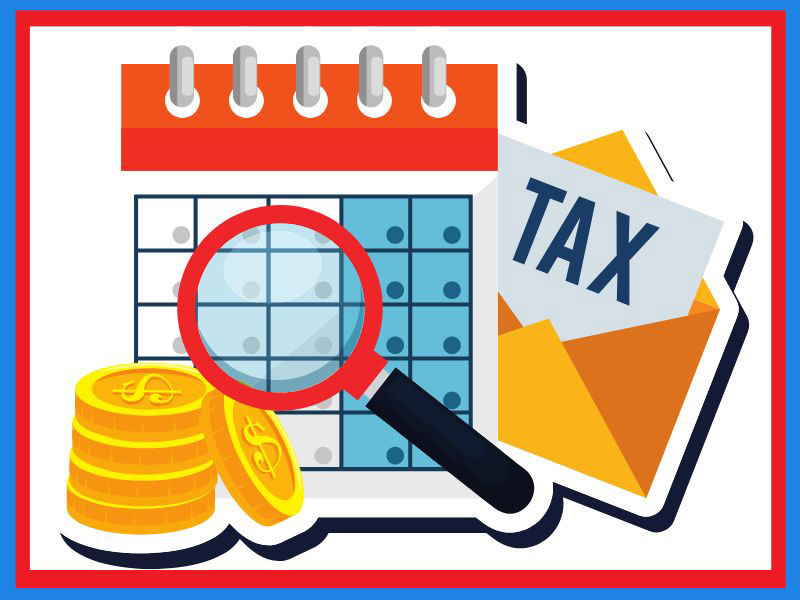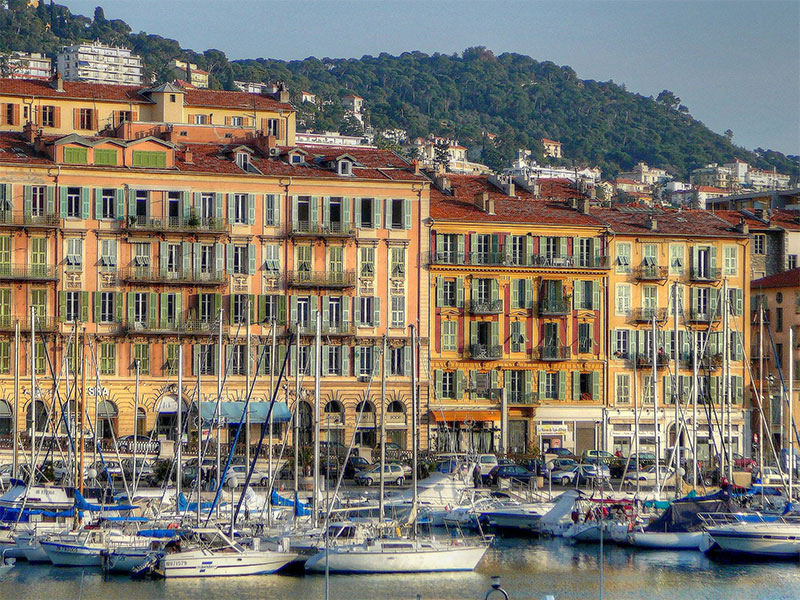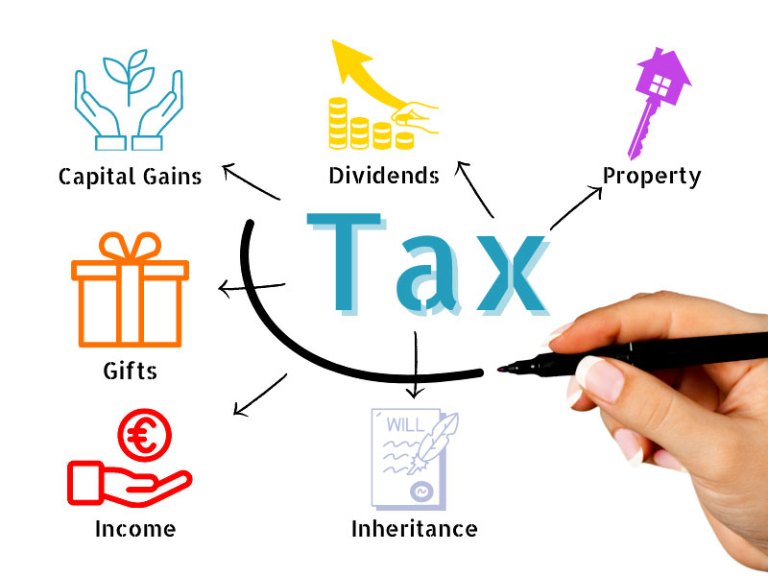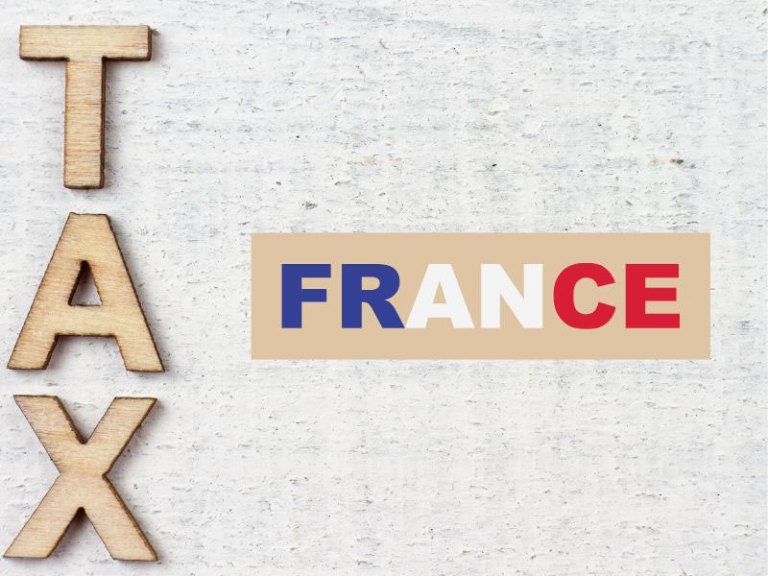Now is always a good time for checking your finances if you’re an expat in France. An annual tax check can really pay off.
There always seems to be something going on that can influence exchange rates, savings and financial plans. Covid, war, political instability, energy supply problems, global supply chain issues… There’s been a lot to contend with in recent years. As the economy evolves, so should your financial planning. Robert Kent of Kentingtons, tax and financial advisors, says that now more than ever expats need to think about what all these issues mean for them and, more importantly, what they can practically do about it….
If you spend in Euros, think in Euros
At Kentingtons we meet many people who think very much in the currency of their old home, such as Sterling. But, thinking in a currency that you do not live in can create risk. Brexit has shown us just how much Sterling can move versus the Euro. As a French resident, thinking in Euros does not merely reduce the currency exchange risk, it eliminates it. If you can eliminate unnecessary risk, why not do so?
“But my pensions / rental income (etc) are in Sterling!” you say. This does not prevent sensible planning, using FX companies to maximise currency moves, maintaining your savings and investments in Euros (which makes sense from a French tax perspective, by the way) and forward planning your income requirements.
If you have rental property outside of France / the Eurozone, challenge why this needs to be so. If it is purely an investment, you might be better off to consider selling and creating more Euro income.
Do you have pensions that could be cashed in? For many pensions this can be done, in France, with an effective tax rate of just 6.75%, so worth considering. Could any of your income be turned to Euro revenue?
My point is merely to prompt a rethink. What was the right course of action, when things were first done, may not be right for the way life is now.
Hope For the Best, Plan For the Worst
When it comes to income planning, it makes sense to hope for the best and plan for the worst. Good financial planning is not gambling, it is about creating as much certainty as possible. If you are living in Euros, then ensure you have sufficient Euros to see you through a crisis. A crisis could be in exchange rates, the financial markets, a slowdown in the rental markets, property prices etc. The point is to calculate how much income you might need for the next few years, ensuring that it is easily accessible and usable. A crisis, no matter what the source, should not cause you sleepless nights.
Consider Inflation
Don’t just consider what you need at today’s prices but build in inflation. In France we have seen it go to over 6% from almost nothing. The point is you just cannot guarantee what will happen. So, plan for higher inflation, which means planning on needing a rising income for the next few years, in the hope that you do not need it.
Rethink your investment Strategy
Interest rates at 0% mean that money is eroding in real terms, so a sensible investment strategy is key. Simply keeping it in the bank or under the mattress is unlikely to help. A traditional market investment strategy of 60% of your capital in the markets and 40% in bonds, is out of date. Bonds means that you may be paying them to keep your money (hopefully safely). It does not mean that they do not play a role, however, they have become less central. If you have buy-to-let properties, what happens when they are vacant and / or you need to sell when the market is bad? Property is not always ‘as safe as houses’!
With sensible financial planning, you stand a much better chance of withstand issues when they arise. And an annual tax check can save expats in France money and mean less stress.
Contact the team at Kentingtons for advice, or a free initial consultation at: kentingtons.com










